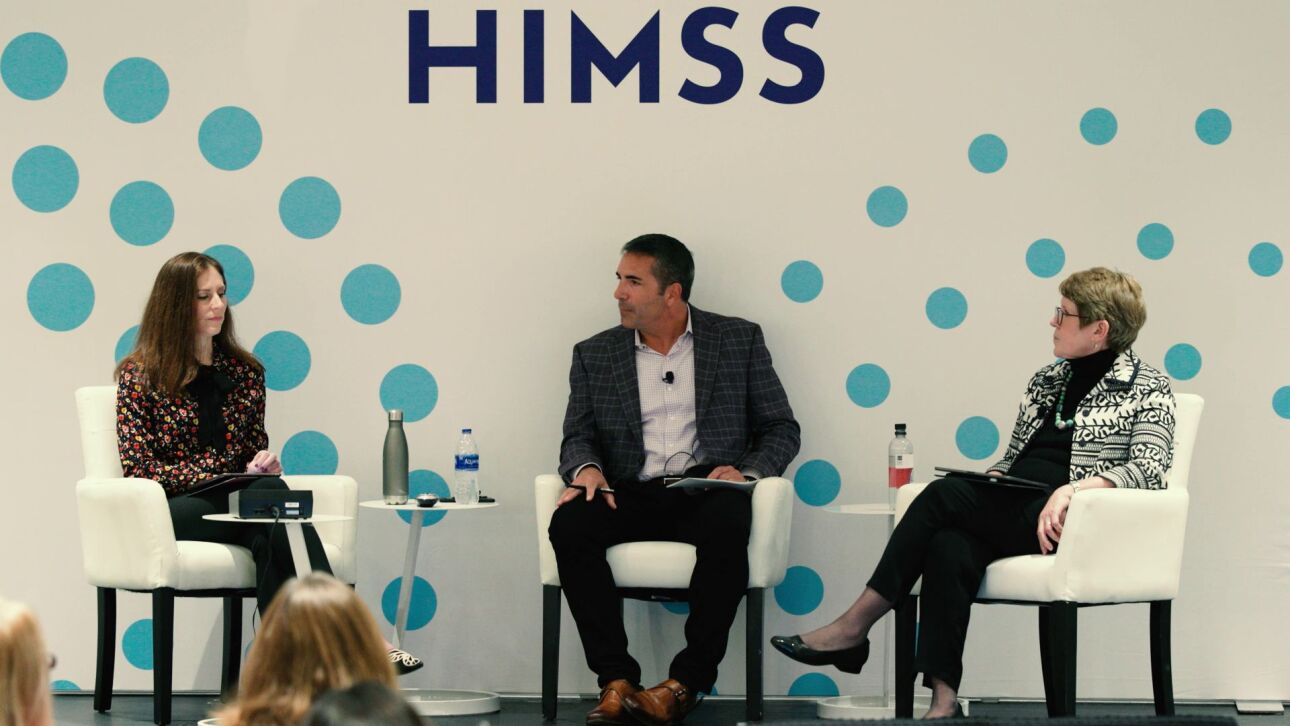Clinicians depend on comprehensive patient information to make the best possible treatment decisions — but in some respects, healthcare data is more fragmented than ever. With tens of thousands of health and wellness apps entering the market, plus retail clinics and telehealth providers, new data silos are emerging as organizations solve older challenges. It’s healthcare’s own take on Whac-A-Mole.
Data innovation, however, can meet the moment. Platforms and standards are available to enable interoperability like never before. Healthcare organizations are also beginning to adopt cloud services, which will allow them to bridge silos and further leverage artificial intelligence and machine learning in clinical decision-making.

HIMSS recently hosted a session moderated by Todd Sylvester, our Head of Cloud Strategy and Alliances. Panelists Kathleen Aller, our Head of Healthcare Market Strategy, and Dr. Lyndsey Burton, MD, Worldwide Healthcare and Life Sciences Physician Lead at Amazon Web Services (AWS), discussed how healthcare can harness data and the cloud to power innovation — for the benefit of organizations and patients alike.
Here are some key takeaways.
1. Cloud infrastructures can transform digital health ecosystems
The cloud has empowered healthcare organizations to respond to the COVID-19 pandemic. AWS helped the University of Washington create a virtual assistant that took patient calls, triaged them, and reduced the number of emergency department admissions.
AWS also worked with New York state to aggregate disparate COVID information, and the company helped Moderna mine data to design and manufacture its historic COVID vaccine. In all three cases, the cloud was indispensable.
2. Small companies can leverage existing services
Cognetivity, a startup in the United Kingdom that uses AI to diagnose early onset Alzheimer’s disease, needed to connect its platform to electronic health records. They’ve used InterSystems IRIS for Health to do that.
“Small companies that don’t want to make the capital investment in having to build out more software can leverage our cloud-based composable microservices,” Aller said, “which we deploy on AWS.”
3. The cloud bolsters security
Over the past five years, 93% of healthcare organizations have had a data security breach, Burton said.
“The cloud’s more secure. We have security monitoring 24/7 to prevent any unauthorized access and protect customer content.”
4. Optimizing data is a public service, too
Comprehensive data analysis helps healthcare organizations create longitudinal records, which are crucial for improving care.
“I’m so excited about using data that way to get better at what we do,” Aller said. “Data is a strategic asset, but it’s also a critical public good in healthcare. If we don’t share information across the whole healthcare ecosystem, we really can’t see what’s happening.”
To hear more actionable insights from these two experts, watch their full HIMSS session here.
This story originally appeared the July 22, 2022 - HealthShare Connections News Flash No.9



























